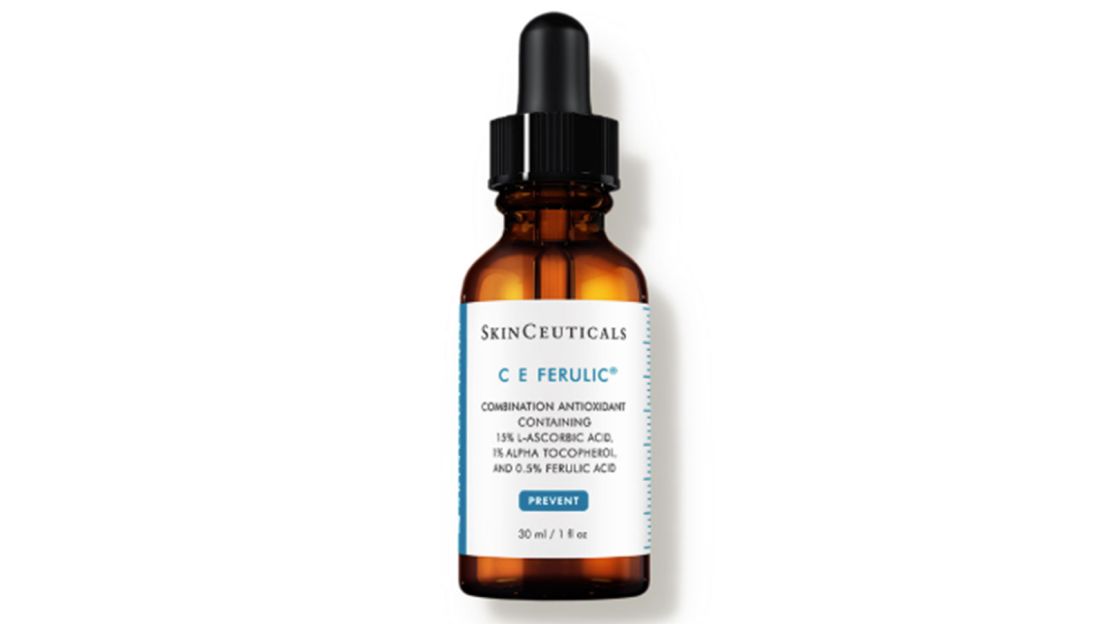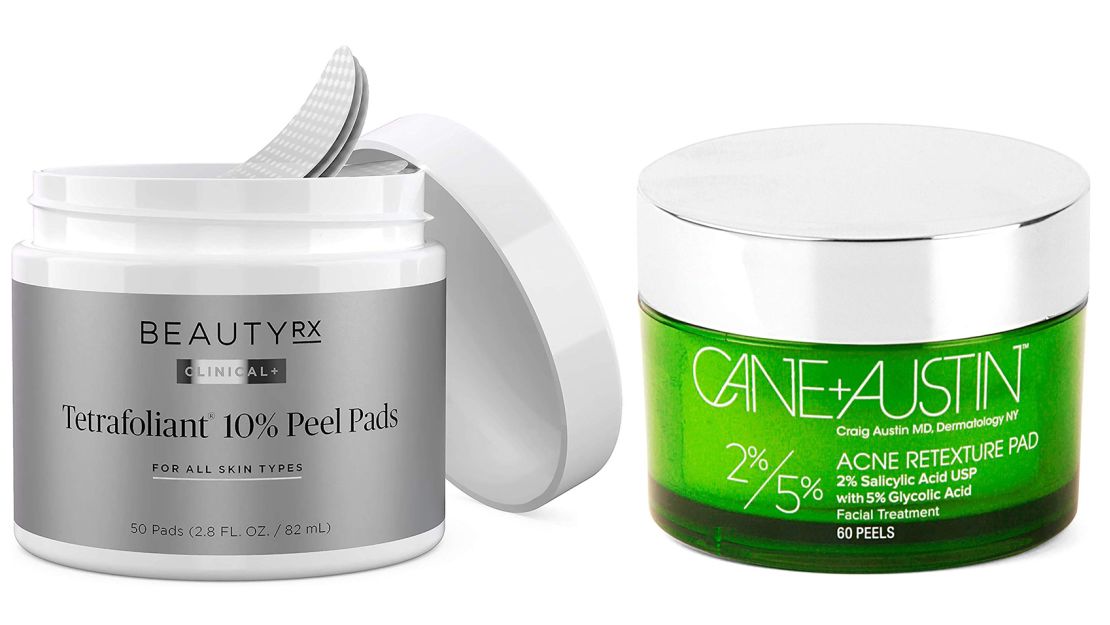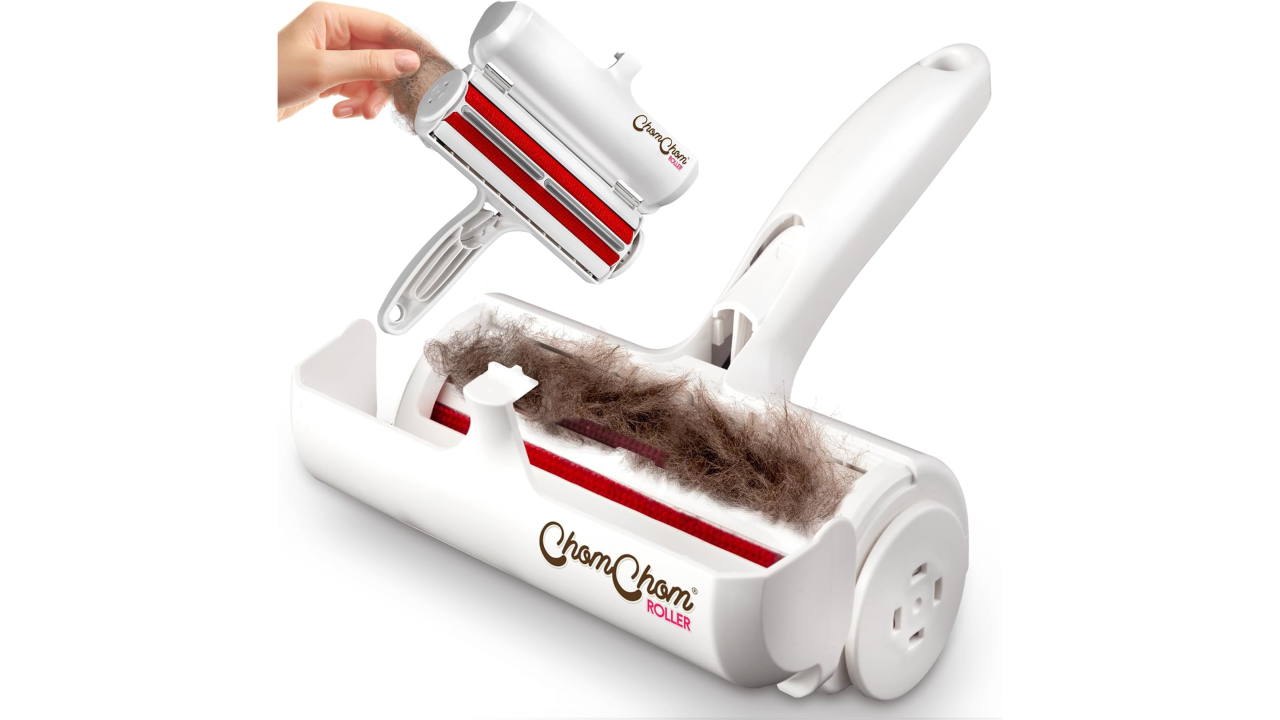Do you really need eye cream? What should you be doing about those dark spots? Skin care is often a guessing game of trying out products, crossing your fingers, and hoping they’re right for you. And unless you have a dermatologist on speed dial, it can be hard to get answers. That’s why we asked two top dermatologists to share everything you need to know to upgrade your routine and get glowing, healthy skin.
1. What products should everyone have in their skin care routine?
Your lineup varies between morning and night. In the morning, the ideal basics of skin care are “a gentle wash, an antioxidant serum, hydrating moisturizer, and sunscreen,” says Dr. Nava Greenfield, a dermatologist at Schweiger Dermatology Group in Brooklyn, NY. The antioxidant serum helps repair and defend skin against DNA damage throughout the day (read: it’s anti-aging). One splurge to consider: SkinCeuticals C E Ferulic ($166; dermstore.com)has a combination of vitamins C, E, and ferulic acid that work synergistically. (Too pricey? Many affordable anti-aging skin care products get high ratings.) At night, she recommends repeating your cleanse, treating skin with a topical retinol or retinoid—which speeds cell turnover and spurs collagen production—and following with moisturizer.

2. How often should you exfoliate?
While there’s no hard and fast rule on how frequently you need to exfoliate — as it depends on the exfoliant, how powerful it is, and what else you’re using — you definitely need to do it, says Dr. Deanne Robinson, a dermatologist at Modern Dermatology of Connecticut in Westport, CT. “As a general rule of thumb, I would advise one to two times per week,” she says. A glycolic acid-soaked pad, like BeautyRx Skincare Tetrafoliant 10% Peel Pads ($70; amazon.com), takes seconds to apply. Cane + Austin Acne Treatment Pad ($60; amazon.com) pairs glycolic and salicylic acids, making it a good pick for acne-prone skin.

3. Do you need different products for morning and evening?
There are a few important tweaks for your evening routine. At night, “cleanser may need to include a makeup remover in it,” says Greenfield. “And moisturizers should be thicker and more hydrating at night.” Once a week, you should also use a face mask at night. Try Korres Hydra-Biome Probiotic Superdose Face Mask ($49; sephora.com), which is rich in skin-calming probiotics, or Peach & Lily Overnight Star Sleeping Mask ($43; ulta.com), which can brighten skin as you sleep.

4. Can diet really affect acne?
Short answer? Sort of. “It does not in the sense that most people talk about it — for example, chocolate doesn’t cause acne,” says Robinson. “However, foods with a high glycemic index, such as refined sugar, can increase hormone levels in the body, leading to inflammation, and exacerbate acne.” So if you break out after eating a late-night plate of fries, it’s not because of the grease. It may be because potatoes are high on the glycemic index scale. (Dealing with a breakout? Mighty Patch Original ($12.50; amazon.com) helps draws out the gunk.

5. When should you see a dermatologist?
Obviously, you should see a dermatologist at least once a year for a skin cancer screening. (Right? Right.) Outside of that, seek out a pro if you have any skin concern, says Greenfield, whether it’s a new rash, spot, bump, or even to have a conversation about creating the best anti-aging regimen.
6. Which areas of the body should you pay more attention to?
So you’ve got your skin care routine down to an art — for your face. But you should pay just as much attention to your hands, neck and chest, where the signs of aging are also visible. Apply sunscreen in the morning, extend your treatments and moisturizer down to your chest, and rub excess product onto the backs of your hands. Really, sunscreen should go everywhere. “The back of the legs is the most common place for melanoma on a woman’s body, so it’s important to use care with SPF coverage here,” says Robinson. Try a moisturizing body sunscreen like Australian Gold Botanical SPF 50 Mineral Sunscreen Lotion ($14.53; amazon.com).

7. What’s the best age to start using anti-aging products or procedures?
The best time to start addressing wrinkles is once you see them in the mirror. “Usually, this is noticeable in your late 20s,” says Greenfield. But you can take preventive measures, like diligent sunscreen use, way before that — like now. It’s the most effective and affordable anti-aging product out there.
8. What’s the best way to treat dark spots?
Not all dark spots are created equal. The best treatment depends on what caused the spot in the first place. “Some are classic sun spots, which we can treat with lasers, while others might be associated with melasma, a hormonally triggered hyperpigmentation, which we’re more likely to treat with peels and topicals — as lasers can potentially exacerbate it,” says Robinson. A vitamin C serum, like Pure BioDerm Antioxidant Super Serum ($59; amazon.com) or Herbal Dynamics Beauty Vitamin C 25% Rejuvenating Serum ($22; amazon.com), goes a long way to even out skin tone and lighten pigmentation. “Last but not least, always use a broad spectrum sunscreen of at least SPF 30 to avoid getting dark spots while you’re treating any existing ones,” she adds.

9. Can you use retinol if you have sensitive skin?
“Generally speaking, yes,” says Robinson. Retinol, or vitamin A, is loved by dermatologists for its ability to speed skin cell turnover and boost collagen production. (A retinoid denotes prescription strength, while retinol is over the counter.) The downside: It can be harsh on skin, causing flaking and dryness. InstaNatural’s Retinol Serum ($18.97; amazon.com) offsets any dryness with hydrating hyaluronic acid. If that’s still too harsh for your skin, try a naturally derived alternative called bakuchiol, which is gentler but has retinol-like properties. A good one: Olehenriksen Goodnight Glow Retin-ALT Sleeping Crème ($55; sephora.com).

10. Should you be using mineral or chemical sunscreen? Does it matter?
Go for mineral, says Greenfield. “Mineral sunscreens protect against a larger range of ultraviolet light and are more efficacious,” she explains. “Chemical sunscreens can be absorbed in the body and can also cause an irritant or allergic reaction on the skin.” You can’t go wrong with EltaMD UV Daily Facial Sunscreen Broad-Spectrum SPF 40 ($28.50; amazon.com), which feels lightweight and blends in seamlessly. If your skin is on the oily side, try La Roche-Posay Anthelios Ultra-Light Mineral Sunscreen SPF 50 ($33.50; amazon.com), since it has a mattifying effect.

11. Can your skin get too acclimated to certain products, making them less effective?
No, this doesn’t actually happen — but there is an exception. “Skin can build up a tolerance to retinol, but not a tolerance against their effectiveness,” Robinson says. In fact, jumping around to different products can do more harm than good, so try to stick with it.
12. Do you really need a separate eye cream?
Yes, you definitely need a separate eye cream. “The skin around the eyes is thinner and needs more support than other skin on the face,” says Greenfield. She recommends looking for one with retinol as well as antioxidants like vitamin C for anti-aging. Glow Recipe’s Avocado Melt Retinol Eye Sleeping Mask ($42; sephora.com) checks all the boxes, as does Kiehl’s Youth Dose Eye Treatment ($33.15; nordstrom.com).

Note: The prices above reflect the retailers’ listed prices at the time of publication.




















